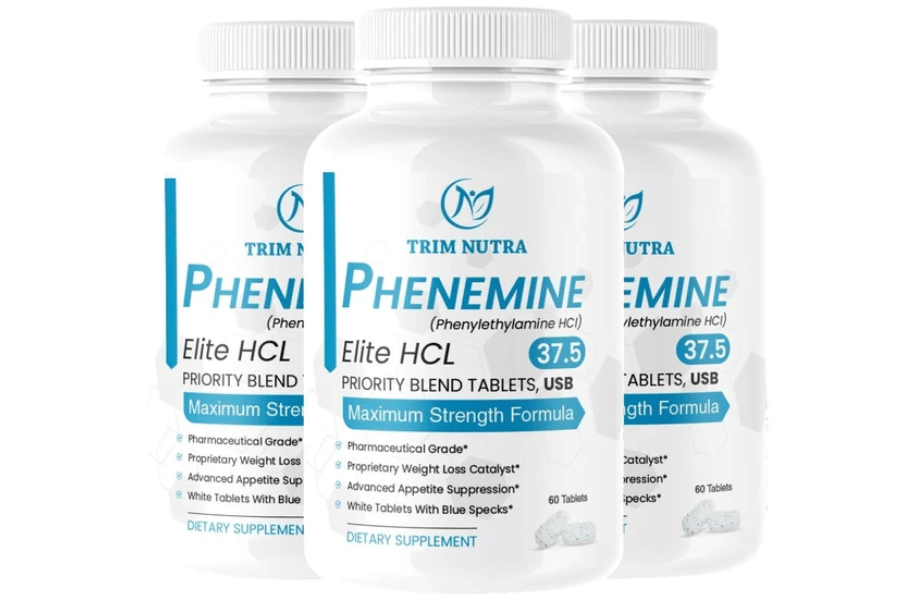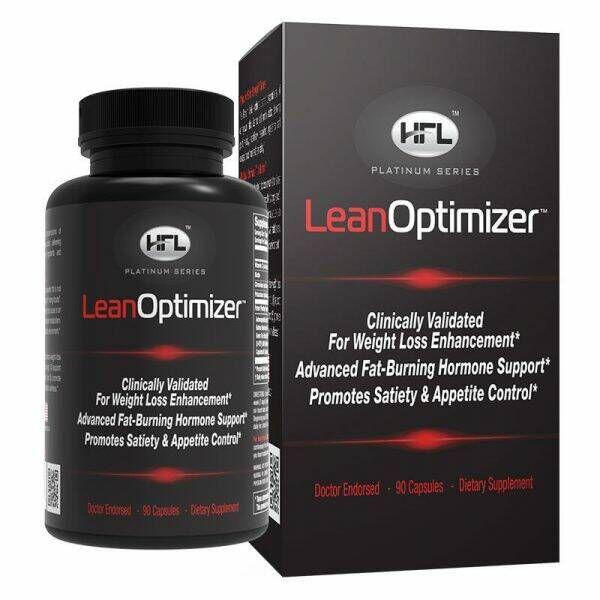Where Can I Buy Phentermine Over The Counter

The search for accessible weight loss solutions has led many to inquire about over-the-counter (OTC) alternatives to prescription drugs like phentermine. This inquiry raises critical questions about legality, safety, and effectiveness. The promise of a readily available weight loss aid is appealing, but understanding the landscape of such products is paramount.
This article delves into the availability of phentermine and its potential OTC substitutes, outlining the regulations and risks involved, and offering insights into safer, evidence-based weight management strategies. It examines the reasons behind phentermine's prescription-only status and explores the market for purported "over-the-counter phentermine" options.
Phentermine: A Prescription-Only Medication
Phentermine is a sympathomimetic amine anorectic used to suppress appetite. It's typically prescribed for short-term use in conjunction with diet and exercise for individuals with a body mass index (BMI) of 30 or higher, or a BMI of 27 or higher with at least one weight-related comorbidity like hypertension, type 2 diabetes, or dyslipidemia. Due to its potential for abuse and side effects, including increased blood pressure, anxiety, and insomnia, phentermine is classified as a controlled substance and requires a prescription from a licensed healthcare provider in most countries, including the United States.
The U.S. Food and Drug Administration (FDA) has not approved any over-the-counter medications containing phentermine. Any product claiming to be OTC phentermine is either mislabeled, potentially dangerous, or fraudulent.
The Allure and Risks of "Over-the-Counter Phentermine"
The term "over-the-counter phentermine" is often used to market dietary supplements and weight loss products that claim to mimic phentermine's effects without requiring a prescription. These products frequently contain a mix of herbal extracts, vitamins, and other ingredients marketed for weight loss. However, the effectiveness and safety of these alternatives are often questionable.
The FDA does not regulate dietary supplements with the same rigor as prescription medications. This means that manufacturers are not required to prove the safety or efficacy of their products before they are sold to the public. Therefore, consumers may unknowingly ingest substances with harmful side effects or ingredients that interact negatively with other medications they are taking.
Furthermore, some "over-the-counter phentermine" products may contain undisclosed ingredients, including controlled substances or prescription drugs, posing serious health risks. The FDA has issued numerous warnings and recalls for dietary supplements marketed for weight loss that were found to contain undeclared pharmaceuticals.
Safer Alternatives and Weight Management Strategies
Given the risks associated with unregulated "over-the-counter phentermine" products, individuals seeking weight loss solutions are encouraged to explore safer and more evidence-based alternatives. Lifestyle modifications, including diet and exercise, remain the cornerstone of effective weight management.
Consulting with a healthcare professional is crucial for developing a personalized weight loss plan. A doctor or registered dietitian can assess an individual's overall health, identify underlying medical conditions, and recommend appropriate interventions. This could involve dietary changes, exercise programs, behavioral therapy, or, if medically necessary, prescription weight loss medications.
Several FDA-approved prescription weight loss medications are available besides phentermine, including medications like orlistat, liraglutide, and semaglutide. These medications work through different mechanisms to help reduce appetite, increase feelings of fullness, or block the absorption of fat. Their use requires careful monitoring by a healthcare provider to manage potential side effects.
The Importance of Informed Decisions
The desire for a quick and easy weight loss solution is understandable, but it is essential to approach weight management with caution and prioritize safety. Be wary of products that promise unrealistic results or use deceptive marketing tactics.
Always research the ingredients in any weight loss supplement before using it. Look for evidence-based information from reputable sources like the National Institutes of Health (NIH) and the FDA. It's critical to consult with your doctor before starting any new supplement or weight loss program, particularly if you have any underlying medical conditions or are taking other medications.
Remember that sustainable weight loss is a gradual process that requires commitment to healthy habits. Focus on making long-term lifestyle changes rather than seeking a quick fix.
Conclusion
The availability of legitimate over-the-counter phentermine is nonexistent, and products marketed as such pose significant risks. Seeking weight loss through these unverified means can be dangerous.
Adopting a holistic approach to weight management that incorporates healthy eating, regular exercise, and professional guidance is the safest and most effective path to achieving sustainable results. The key takeaway is to prioritize health and safety over the allure of a quick fix. Remember to consult a healthcare professional for personalized advice and evidence-based solutions.
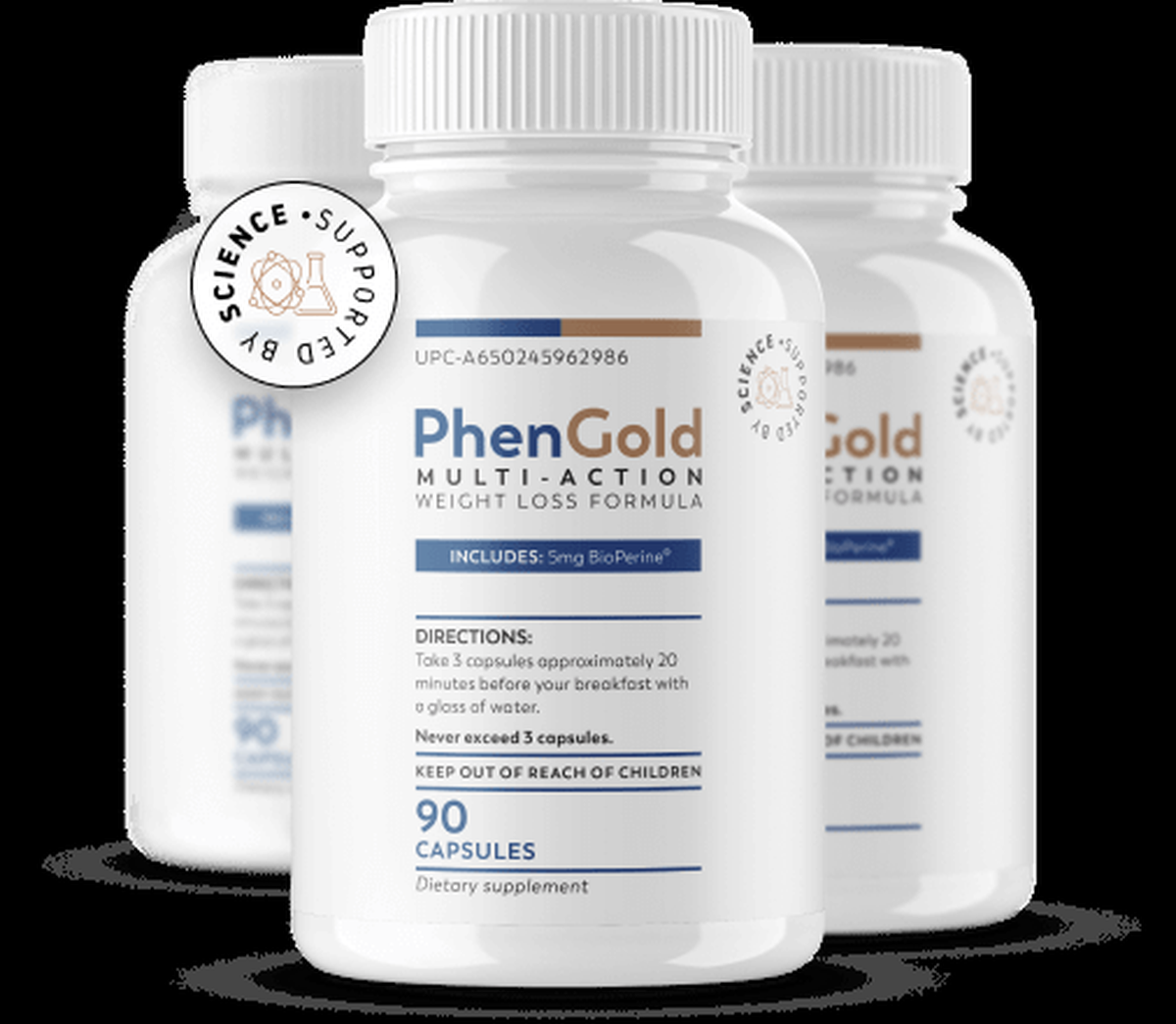

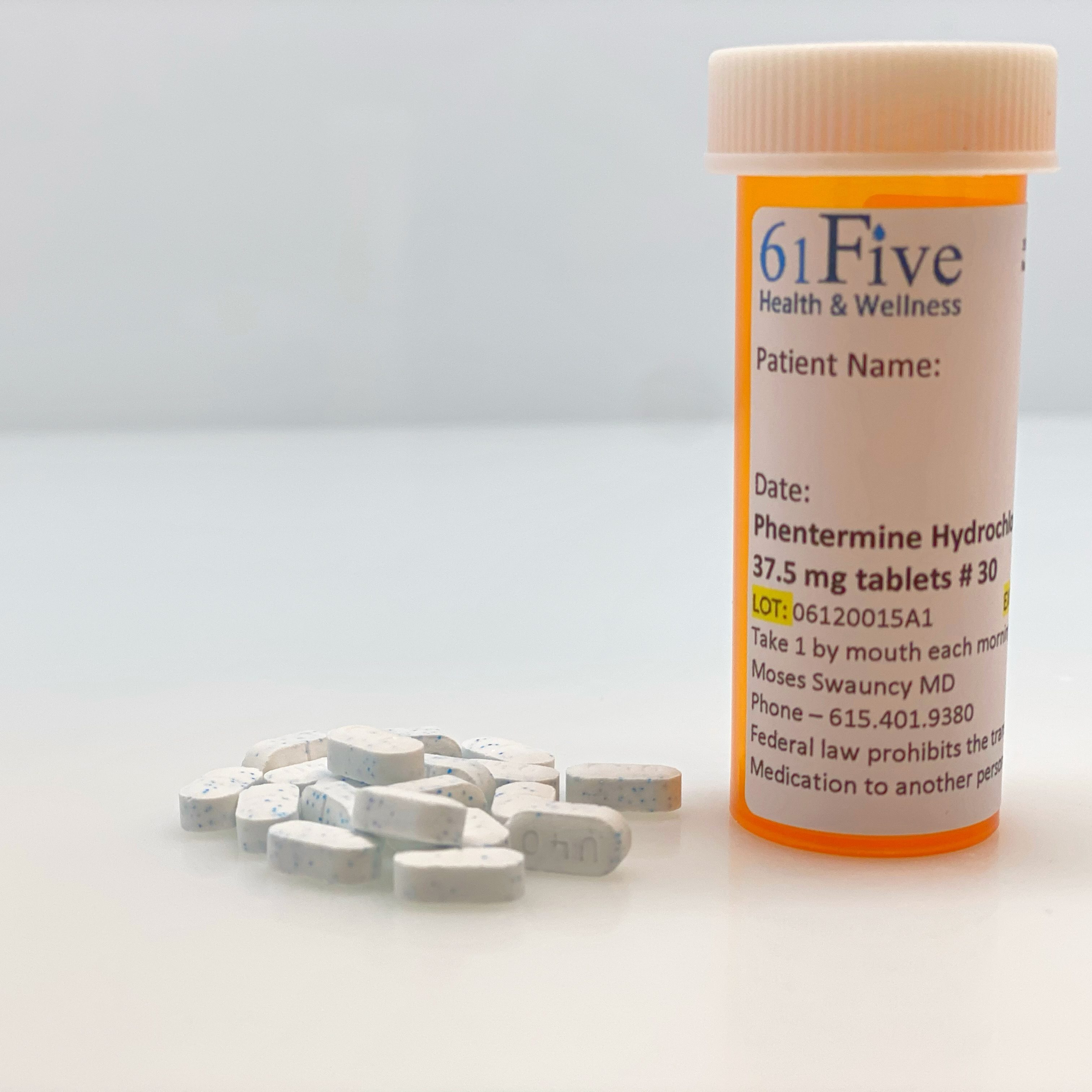


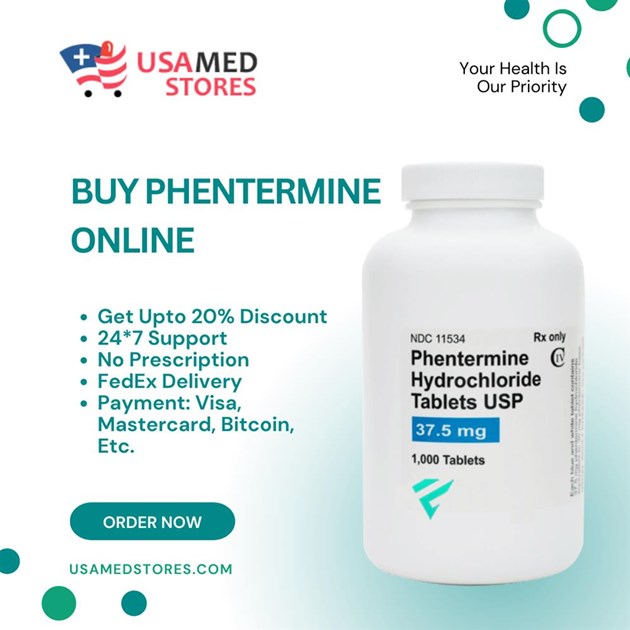
.jpg)


![Where Can I Buy Phentermine Over The Counter The 6 Best Over The Counter Phentermine Alternatives [2021]](https://diethunger.com/wp-content/uploads/2019/07/Multivitamis-2-1000x600.jpg)

